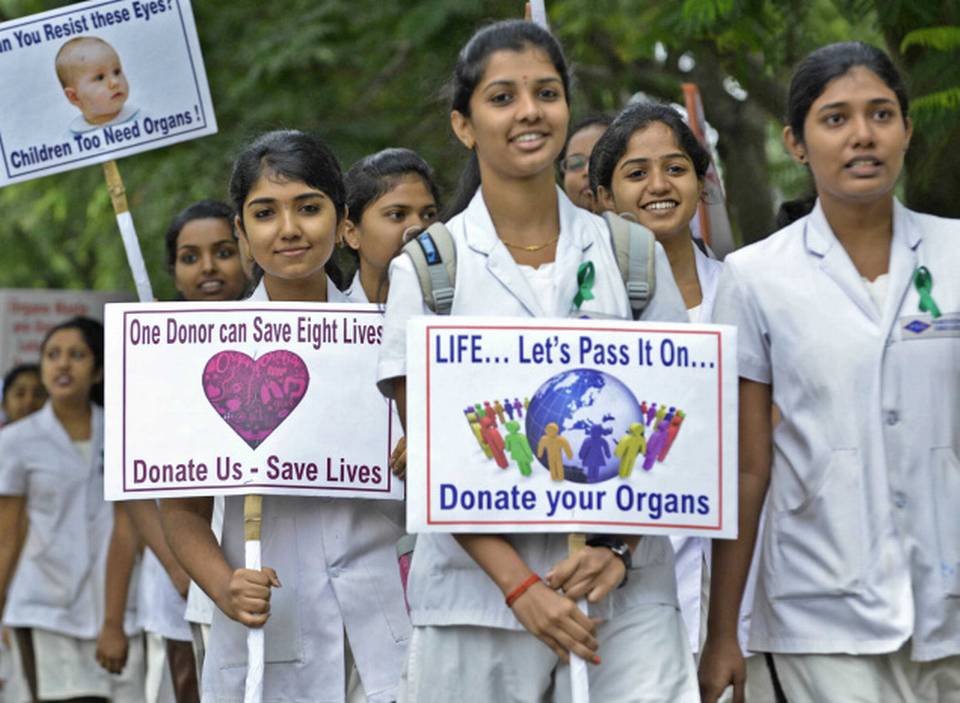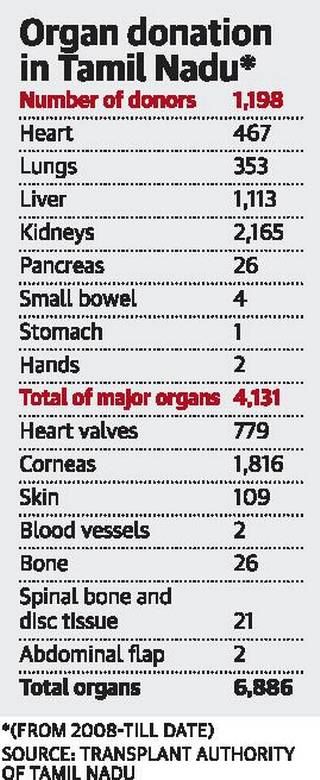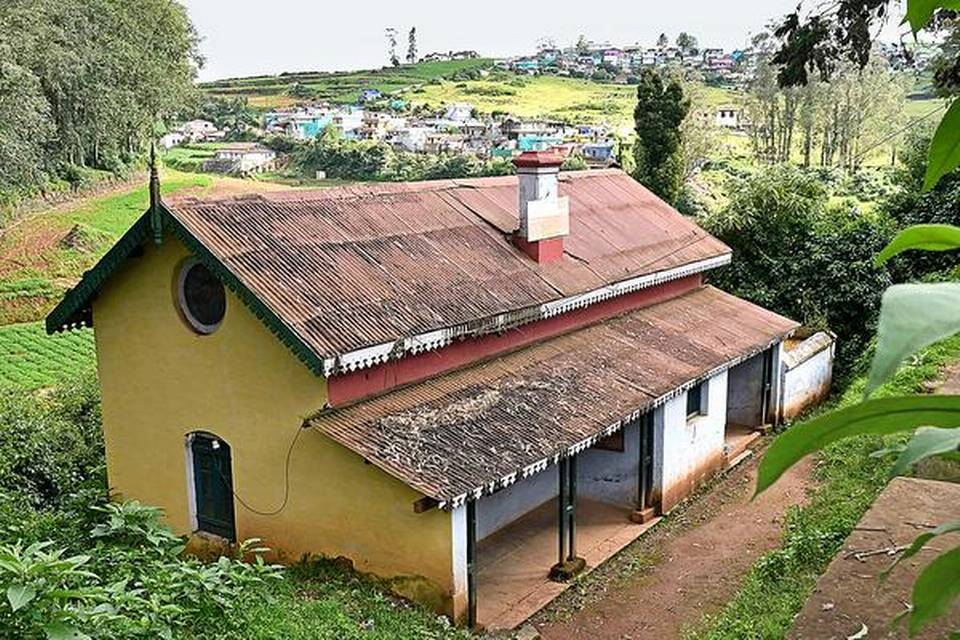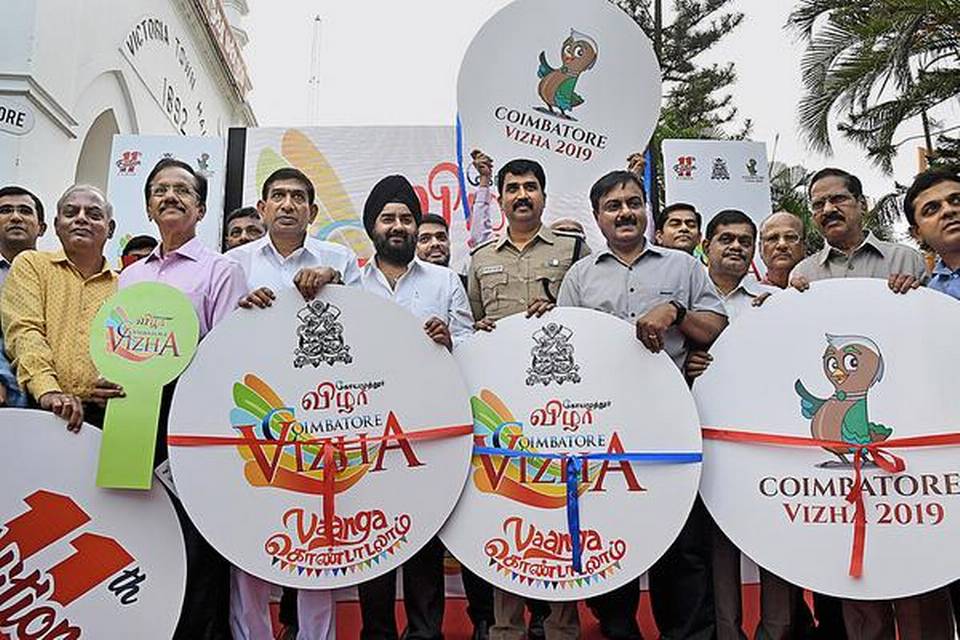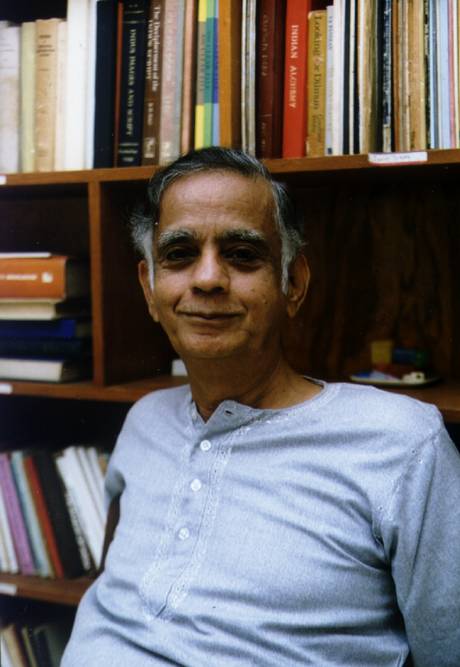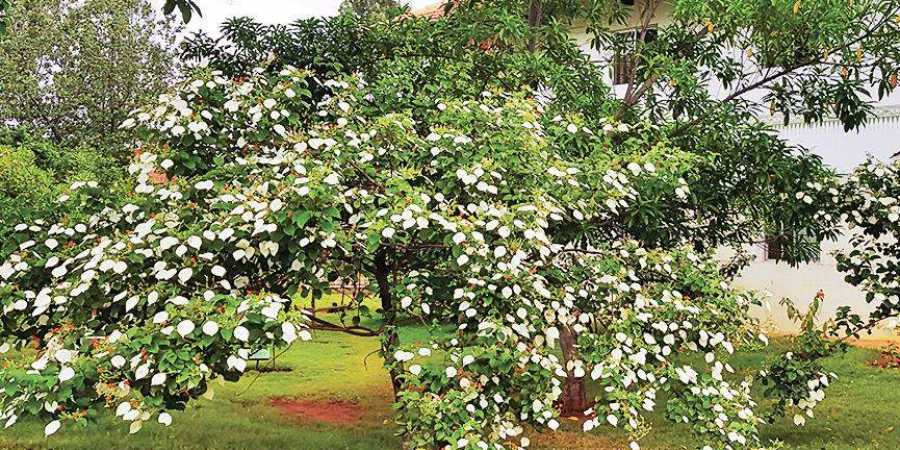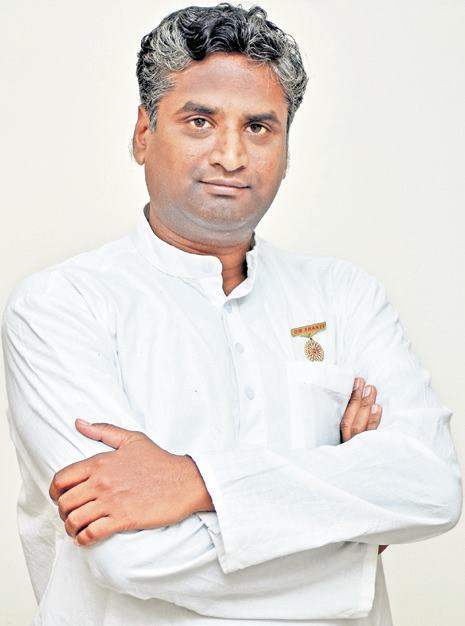The school offers training in various disciplines like fencing, judo and taekwondo.
Coimbatore :
While the Ministry of Human Resource Development has only now started to give importance to martial arts training for girl students as part of its self-defence programme, this government higher secondary school in Kurichi has been a pioneer in the field with seven of its students getting ready to participate in a State-level meet to be held soon.
Even its first year of training, as many as 120 of its 147 students participated in the divisional meet concluded in the city; 91 of them managed to bag medals too. The school offers training in various disciplines like fencing, judo and taekwondo.
At a time when most government schools in the city and rural areas alike concentrated on conventional games like kabaddi, volleyball and football, this schools took the initiative to introduce martial arts with the help of its physical education teachers P Sivaprakasham and N Nisar. This training was then extended to the school’s girl students in the form of self-defence lessons. Teachers wanted them equipped to handle any situation they might face. After being briefed about the different forms of martial arts, many girls volunteered to be trained in fencing; they also managed to win a few medals, he recalls.
Five girls — S Swetha, D Mercy, R Ranjani, of class XI, and Rajeshwari (class X) and K Logeshwari (class IX) — have been qualified to participate in the State-level event to be held soon in Kankeyam
of Tirupur district. The girls, on their part, are happy to have overcome all odds to make a mark in the sport. Though their mothers were hesitant to allow them to be trained in martial arts, all parents are now happy that their girls have managed to achieve so much. Now, they eagerly inquire about fencing practice before asking about academics, narrates Swetha.
Headmistress N Shanthi cannot appreciate the effort more. The teacher’s job is not just to improve the students’ skills in academics; they should also identify their talents and put them on the path of development. She also remarks that such training has increased attendance among students. A year ago, only 50 per cent of students were willing to attend classes; this has increased to 95 per cent, she claims.
While the school might have its reasons to introduce martial arts to its students, the motivations for single mother M Gowri are quite simple. Raising her two girls — M Praveena and M Durgadevi — on her own, after the demise of her husband, she wanted them to be fiercely independent.
When the school announced self-defence lessons, she was more than happy to sign them up for it. True to spirit, the girls managed to bag a silver medal in karate and Praveena has a bronze in fencing to add to it. It was the mother’s aspiration that pushed them to their best, Praveena declares.
The school allows students to excel in swimming too. Four boys — T Akash, V Mahadevan, M Muthukathiravan, S Logeshwaran (all class VIII students) — were identified after teachers saw them
swimming in the Kurichi lake, located adjacent to the school.
All these boys had not had formal training before. Akash learnt to swim in the Kuruchi lake, for Mahadevan it was a check dam near Madukkarai and Muthukathiravan and Logeshwaran had the good local old wells.
source: http://www.newindianexpress.com / The New Indian Express / Home> States> Tamil Nadu / by Prabhakar T / Express News Service / November 29th, 2018
